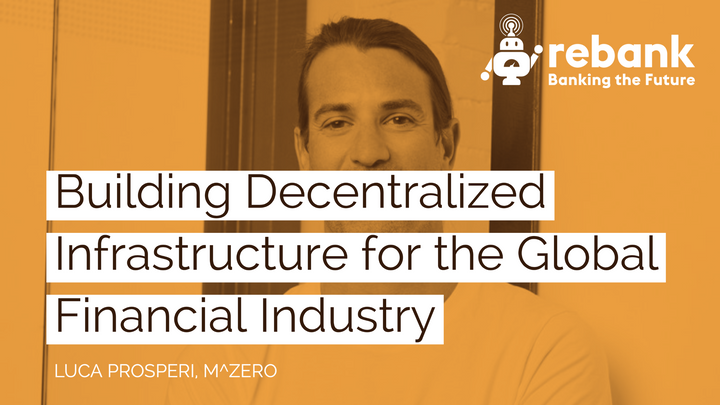Q&A: Potential Challenges of Regulating the FinTech Industry

I was recently asked to do a Q&A for the Centre for Financial Professionals, entitled "Potential Challenges of Regulating the FinTech Industry," and wanted to share those views with the broader audience here. The original article is available at https://www.cefpro.com/potential-challenges-of-regulating-the-fintech-industry/
Will, can you please tell the Risk Insights readers a little bit about yourself, your experiences and what your current professional focus is?
I’ve lived in London for almost three years, following extended periods in the US and then continental Europe. I started my career as an investment analyst at Citi and eventually moved into turnarounds, restructurings and corporate advisory in Europe. My last few projects during that time were financial services companies and were focused on business model modernization and digitalization. That’s what got me into fintech. I’m part of the founding team of Civilised Bank, a new UK bank that we started pulling together way back in 2013.
What areas within FinTech do you personally find interesting and why?
New banking business models, including challenger banks, neobanks and platform banks. We’re in a transition from banks owning the full value chain, from front-end customer interface to back-end processing, to one in which the value chain is split between companies. Revenue, opex and capital requirements will also be split, and not in the ways we might expect.
What are the essential considerations that need to be made when considering the impact of Brexit: Retaining best talent, financial regulations and pass-porting of services and skills?
Team, access to market and access to capital are the three biggest issues for companies, Brexit or not. Companies should focus on what they can control: picking the right jurisdiction for their business, creating a great work environment, preparing credible plans and delivering results. Fintechs may need to eventually open EU offices to access Europe, but for strong companies, that’s simply the cost of doing business.
What is your opinion on the speed of FinTech growth in the EU in comparison to the UK?
Different geographies have different challenges. Insurance-related fintechs may be particularly relevant in Germany and Switzerland, whereas mortgage-related fintechs may gain greater traction in London. Generally speaking, London has a stronger investor base and higher risk tolerance than continental Europe, but the EU will represent a much larger market post-Brexit. Entrepreneurs should choose their locations based on the problems they’re trying to solve.
At the FinTech Europe 2017 Summit, you will be speaking on your insight regarding – the upcoming regulatory landscape and overcoming potential challenges of regulation the FinTech industry. Why do you believe this is a key talking point in the industry right now?
Open banking/PSD2, without a doubt.
What, in your opinion does the future hold for FinTech professionals, and what key challenges are on the horizon?
Fintech is huge. It will slowly become indistinguishable from financial services. That’s how big the fintech market is. However, that time horizon is long enough for both startups and incumbents to adapt. In the immediate term, the challenge for fintech is moving from niche to mass market adoption.
In your experience, how can financial institutions best manage balancing upcoming regulations: PDS2 vs. GDPR.
Build from scratch where possible, rather than trying to refit existing infrastructure. Done correctly, the two regulations are symbiotic.


